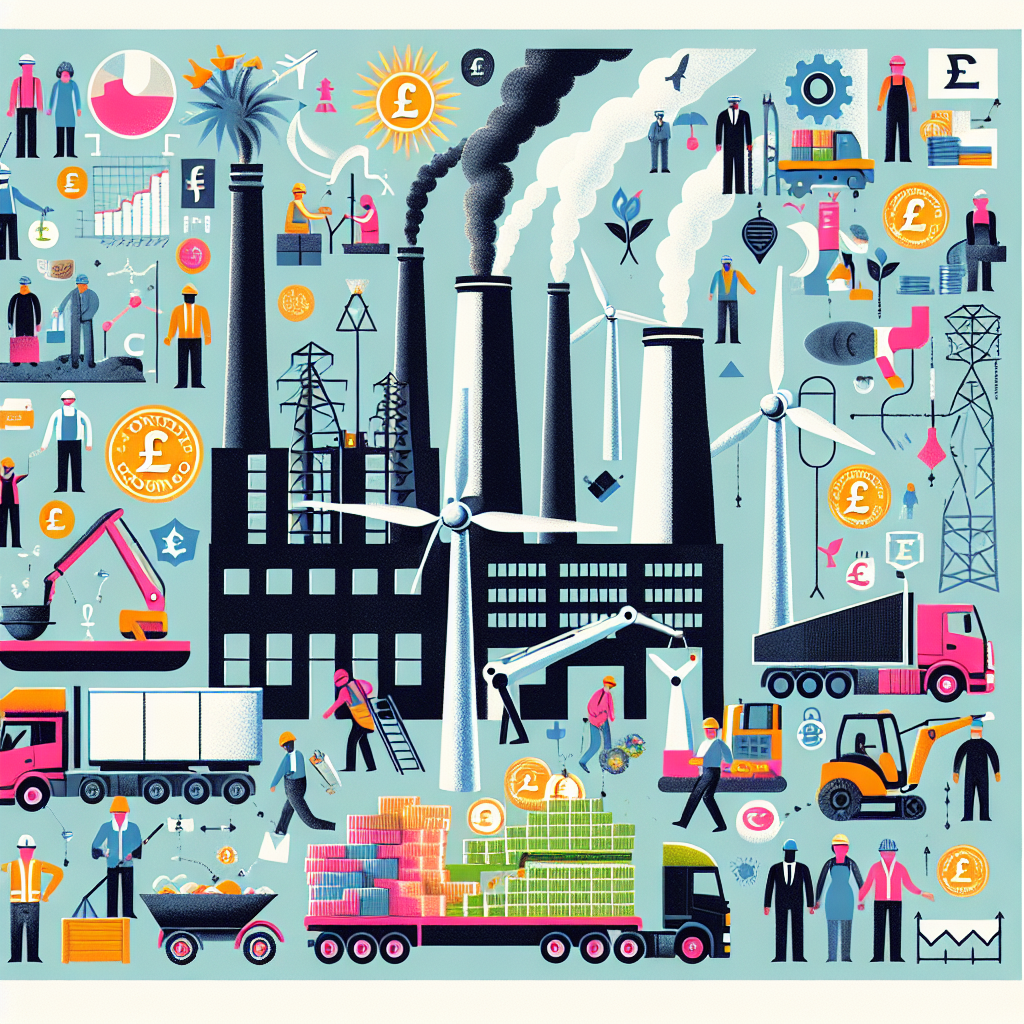UK Economy Faces Turbulence Amid Tariffs and Inflation
The UK's economic output shrank by 0.3% in April due to global tariff impacts. Despite growth in Q1 2025, challenges such as inflation and reduced consumer spending persist. The Bank of England has adjusted its future growth forecasts, highlighting economic uncertainties ahead.

- Country:
- United Kingdom
The economic output of Britain took an unexpected hit, contracting by 0.3% in April, according to official data released on Thursday. This slump was primarily attributed to the global ripple effects following U.S. President Donald Trump's announcement of extensive tariffs. Economists surveyed by Reuters had anticipated a milder contraction of 0.1%.
Despite this setback, Britain's economy managed to expand by 0.7% in the first quarter of 2025, outperforming the other G7 advanced economies. This better-than-expected growth prompted the Bank of England (BoE) to revise its full-year growth forecast for 2025 to 1%. However, the BoE has adjusted its forecast for 2026 downward to 1.25%, projecting a lingering impact from the tariffs.
Next week, BoE policymakers are expected to maintain interest rates amidst a landscape of persistent inflation and sluggish economic growth. A recent business survey highlighted a return to modest growth, against a backdrop of decreased hiring and investment due to escalating labour costs. Meanwhile, May saw a downturn in consumer spending, adding to the economic challenges.
(With inputs from agencies.)










